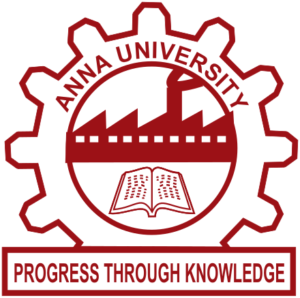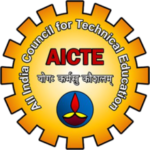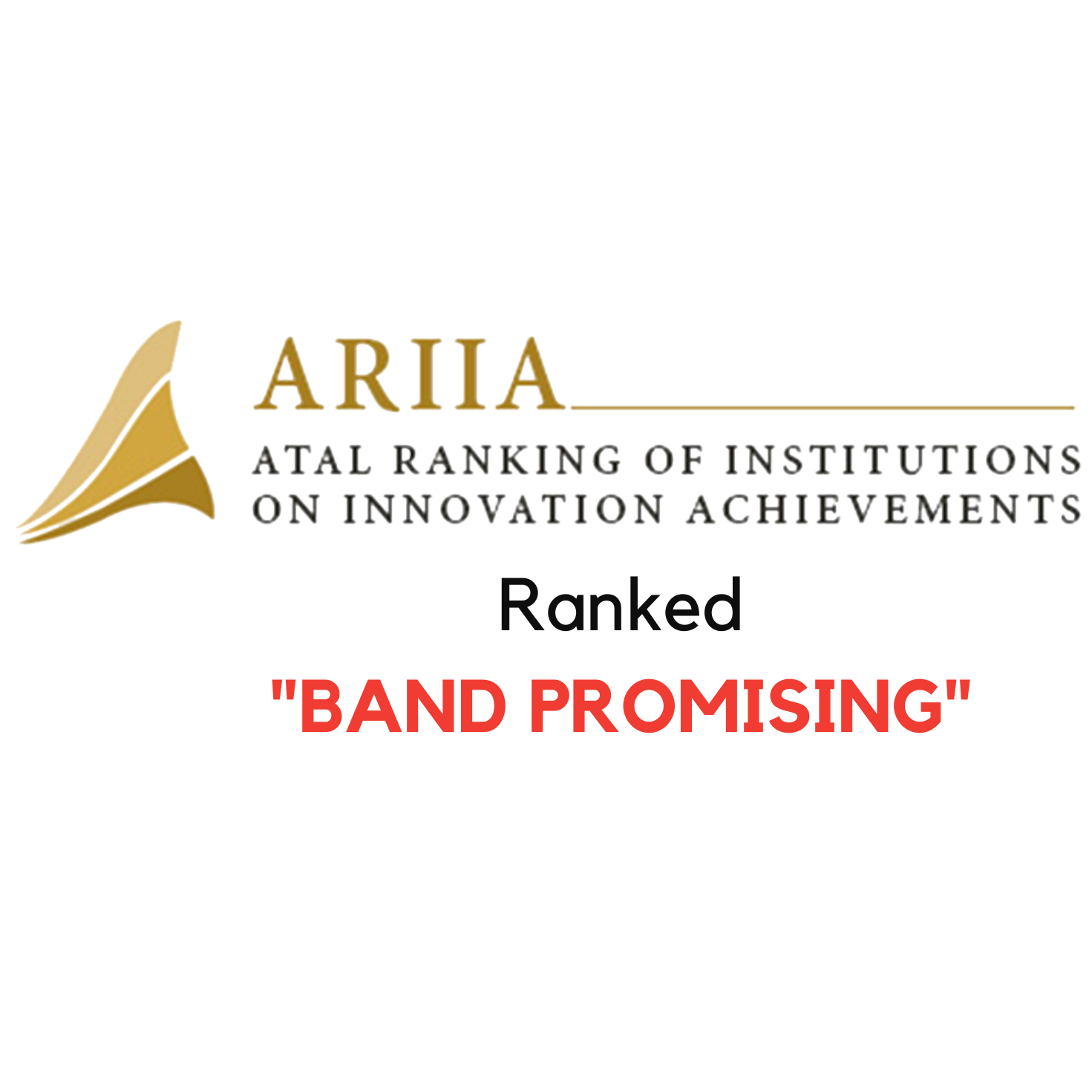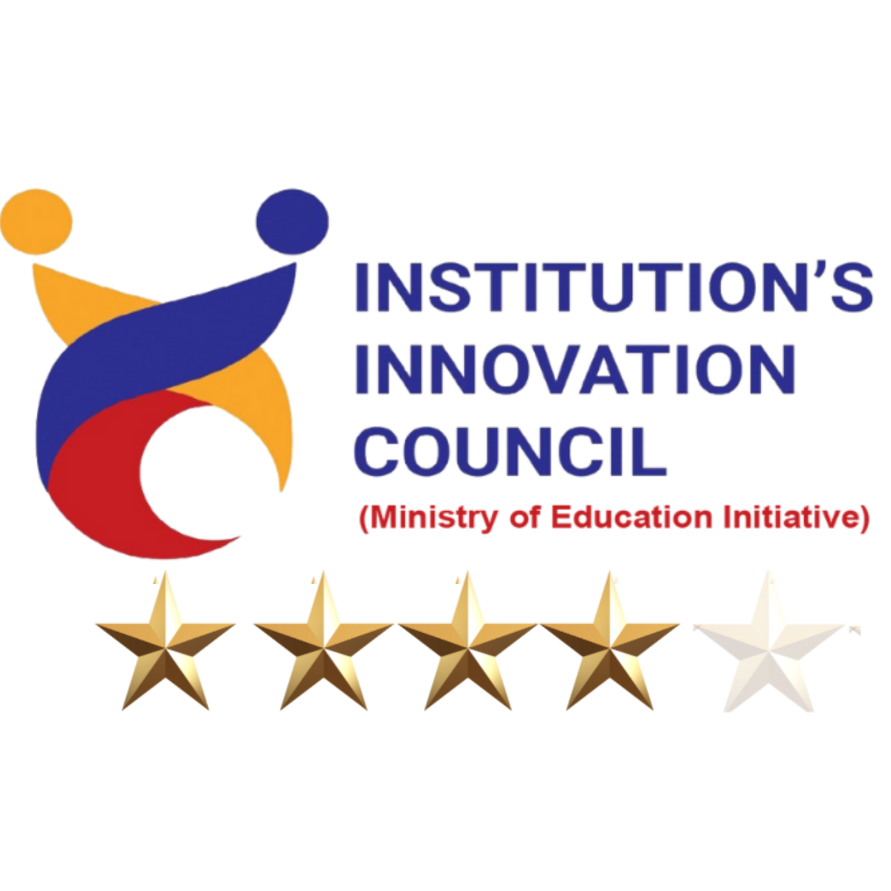Overview
The Department of Mechanical Engineering was started in the year 2001. The Department offers Undergraduate Programme (B.E) in Mechanical Engineering (4 years Regular / 3 years Lateral entry). Currently admitting students in three intakes of 180 students. With the right blend of theory and practice in basics such as Mechanics, Design of machines, manufacturing engineering, advancements in CAD/CAM, Finite element analysis, Thermal engineering, Pneumatics, and Low-cost automation, this program well laid itself as a prominent option for the student.
The Department has highly qualified faculty members, out of those, one fourth are Ph.D. qualified. The department has successfully established various research groups, Self Interested Groups, working independently, or in association with industries towards meaningful goal-driven research activities. Research activities are supported by various state-of-the-art laboratories. The department has categorized its various research activities under Energy Research Group (Bio-fuel, Solar & Thermal Systems); Composite Material Group (Material Design, Characterization), Computer-Aided Engineering Group (FEA & CFD); Manufacturing Engineering Group (Production & CAD/CAM).
The department is a front-runner in organizing career-oriented training for our student community. The department ensures that students are equipped with industry-relevant skills during their curriculum. Engineering Skill Training programs on focusing a career on design, Manufacturing, and Thermal system.
The all-round life skill of our department students is ensured through the Students Performance Index, a structured framework covering internships, technical paper writing and presentation, participation in the project, and other technical competitions. The department ensures academic excellence and outcome-based education through cooperative learning sessions, laboratory sessions with extended scope of experiments prescribed by the university, revised Bloom’s taxonomy higher order question setting in internal assessment tests.
Vision
To develop competent, innovative, entrepreneurial and successful Mechanical Engineering professionals who will serve as a valuable resource for industry and society.
Mission
- Impart quality education in the field of Mechanical Engineering by the state- of- the- art- infrastructure, resourceful faculty and effective teaching-learning process
- Conduct basic and applied research and to generate intellectual property
- Creating a core company placement culture through progressive and sustained technical skill training
- Provide consultancy to the neighborhood and cultivate the spirit of entrepreneurship
Duration
4 years (Regular) / 3 Years (Lateral Entry)
No. of Semesters
8 (Regular) / 6 (Lateral Entry)
Intake / No. of Seats
Total – 180
Syllabus
Regulation 2017 & 2021
Eligibility
10+2 system of Education. Must have secured a pass in Physics, Chemistry and Mathematics in the qualifying examination.
Scope for Higher Studies
M.E. / M.Tech. / M.B.A.
PEOs | POs | PSOs
Program Educational Objectives
| PEO1: | Graduates are to be excelled in Mechanical Engineering knowledge to solve the engineering problems. |
| PEO2: | Graduates are to be inculcated with ethics, communication skills, management skills and lifelong learning required for the industries and society. |
| PEO3: | Graduates are to be trained in software to develop Mechanical Engineering systems. |
Program Outcomes
| PO1: | Engineering Knowledge: Apply the knowledge of mathematics, science, engineering fundamentals, and an engineering specialization to the solution of complex engineering problems. |
| PO2: | Problem Analysis: Identify, formulate, review research literature, and analyze complex engineering problems reaching substantiated conclusions using first principles of mathematics, natural sciences, and engineering sciences. |
| PO3: | Design / Development of solutions:Design solutions for complex engineering problems and design system components or processes that meet the specified needs with appropriate consideration for the public health and safety, and the cultural, societal, and environmental considerations. |
| PO4: | Conduct investigations of complex problems: Use research-based knowledge and research methods including design of experiments, analysis and interpretation of data, and synthesis of the information to provide valid conclusions. |
| PO5: | Modern tool usage:.Create, select, and apply appropriate techniques, resources, and modern engineering and IT tools including prediction and modeling to complex engineering activities with an understanding of the limitations. |
| PO6: | The engineer and society: Apply reasoning informed by the contextual knowledge to assess societal, health, safety, legal and cultural issues and the consequent responsibilities relevant to the professional engineering practice. |
| PO7: | Environment and sustainability: Understand the impact of the professional engineering solutions in societal and environmental contexts, and demonstrate the knowledge of, and need for sustainable development. |
| PO8: | Ethics: Apply ethical principles and commit to professional ethics and responsibilities and norms of the engineering practice. |
| PO9: | Individual and team work: Function effectively as an individual, and as a member or leader in diverse teams, and in multidisciplinary settings. |
| PO10: | Communication:Communicate effectively on complex engineering activities with the engineering community and with society at large, such as, being able to comprehend and write effective reports and design documentation, make effective presentations, and give and receive clear instructions. |
| PO11: | Project management and finance: Demonstrate knowledge and understanding of the engineering and management principles and apply these to one’s own work, as a member and leader in a team, to manage projects and in multidisciplinary environments. |
| PO12: | Lifelong learning:Recognize the need for, and have the preparation and ability to engage in independent and life-long learning in the broadest context of technological change. |
Program Specific Outcomes
| PSO1: | An ability to model and analyse the Mechanical systems using software. |
| PSO2: | An ability to design, manufacture and evaluate the performance of Mechanical components and Thermal systems. |
Learning Resources
Career Opportunities
Career options for Mechanical Engineers
Manufacturing Engineering
Thermal Power Engineering
CNC Companies
Design Industrial Sector
Automobile Industry
Aerospace
Oil and Gas Industry
Energy Industry
Industrial Safety Engineering
Refrigeration and Air Conditioning Engineering
Contact Us
If you any queries, please contact us on the email given below.
- Mech Block Ground,1st, and 3rd floors.
- mechhod@scadengineering.ac.in






